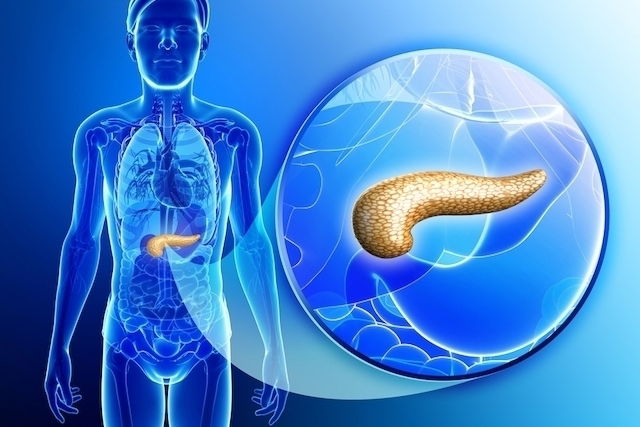Can Diarreha Cause Poop to Be Light Colored
It is relatively common for poop to turn yellow, and this can happen for several reasons, from intestinal infections to a high-fat diet.
If you have yellow stools, you should examine your stool for other changes, like changes to odour or consistency. Because there are so many causes, having extra information can help your doctor pinpoint a diagnosis.
These are some of the main causes of yellow poop:
1. High-fat diet
Excessive intake of fatty foods (like processed or fried food) can make digestion more difficult. These types of foods flow quickly through the intestinal tract, even in people with relatively healthy digestive systems. This can turn stools yellow and sometimes give them a watery consistency.
What to do: Reduce your intake of fatty, processed food products. Improvements can be seen within 2 to 3 days of a diet change, however if the problem persists, you should consult a doctor.
2. Intestinal infection
Another common cause of yellow stools is an intestinal infection. These types of infections are often accompanied by other symptoms like abdominal pain and diarrhea.
In these cases, poop usually turns yellow because the inflamed intestines are unable to properly absorb fat from consumed food. The most common type of infection is from E. colibacteria, which can be ingested from undercooked meat and contaminated food or water.
What to do: If an infection is present, drink plenty of water and eat food that is easy to digest, such as fruit, boiled white rice, fish and white meats. Avoid eating red meat as well as fried and processed foods.
3. Liver or gallbladder problems
Diseases such as hepatitis, cirrhosis or gallstones can cause a build-up of bile, which is a substance responsible for helping in the digestion of fats. Bile helps to transport consumed fat to the intestine in small amounts. A build-up of bile can change the colour of stools, and it may also cause abdominal pain and yellowing of the eyes and skin.
What to do: If these symptoms appear, see a general physician or gastroenterologist for assessment and to start treatment as indicated.
4. Pancreatic problems

Changes in the pancreas can lead to poor digestion, resulting in discoloured poops (white or yellow) or causing them to float and look foamy. Problems that can cause stool changes include pancreatitis, pancreatic cancer, cystic fibrosis or obstruction of the pancreatic ducts.
Problems in the pancreas can also cause abdominal pain, dark urine, poor digestion, nausea and weight loss.
What to do: If these changes occur, especially if accompanied by abdominal pain, nausea and loss of appetite, see a doctor for assessment and to start appropriate treatment.
5. Giardiasis
Giardiasis is an intestinal infection caused by a microscopic parasite called Giardia lamblia. This parasite can cause symptoms such as explosive, foul-smelling diarrhea, nausea, headache, dehydration and weight loss.
What to do: If these symptoms appear, seek medical attention from a doctor, pediatrician or gastroenterologist. He or she may order stool testing to confirm the presence of this parasite and to start appropriate treatment (typically with antibiotics).
6. Celiac disease
Celiac disease is a severe intolerance to gluten (a protein found in foods like wheat, rye or barley) that causes inflammation and leads to malabsorption of nutrients in the small intestine. Foods containing gluten cause poop to flow faster through the intestines, resulting in more fat content in stools, turning them yellow.
People with celiac disease usually show improvement in their symptoms when they opt for a gluten-free diet.
What to do: If you suspect you have a gluten intolerance, it is important to see a gastroenterologist to confirm a diagnosis of celiac disease and to start a gluten-free diet.
7. Use of medication
Weight loss medication, such as orlistat or some probiotic supplements, work by reducing the absorption of fat in the small intestine. This may result in quicker intestinal flow and therefore changes in stool colour.
What to do: Ensure you are taking this medication as directed by your doctor. Be sure to ask questions about its use, side effects or any other medication options.
When to see the doctor
In most cases, yellow poop appears after eating meals high in fat content, and it will generally resolve in less than a week. However, you should see the doctor if colour changes last for over a week, or if you have any other symptoms like fever, abdominal pain, weight loss, bloating or blood in your stools.
What are your stools made of?
Stools are mostly made-up of water and but also have small quantities of naturally-occurring intestinal bacteria, substances that help with food digestion (e.g. bile) and undigested food (like fibres, grains, and seeds).
To summarize, yellow poop can be caused by dietary changes, medication use or by intestinal problems affection digestion.
Can Diarreha Cause Poop to Be Light Colored
Source: https://www.tuasaude.com/en/yellow-stools/